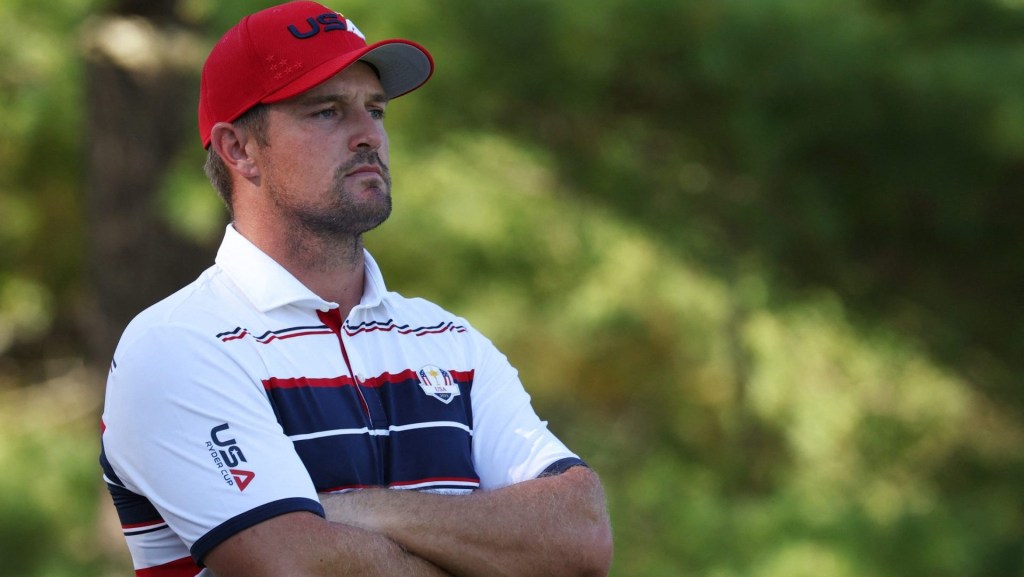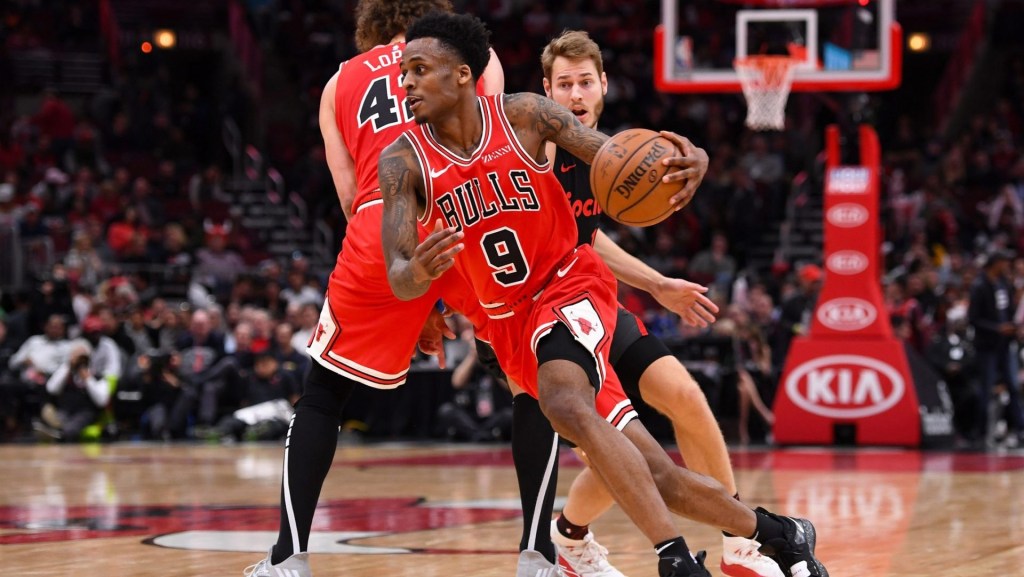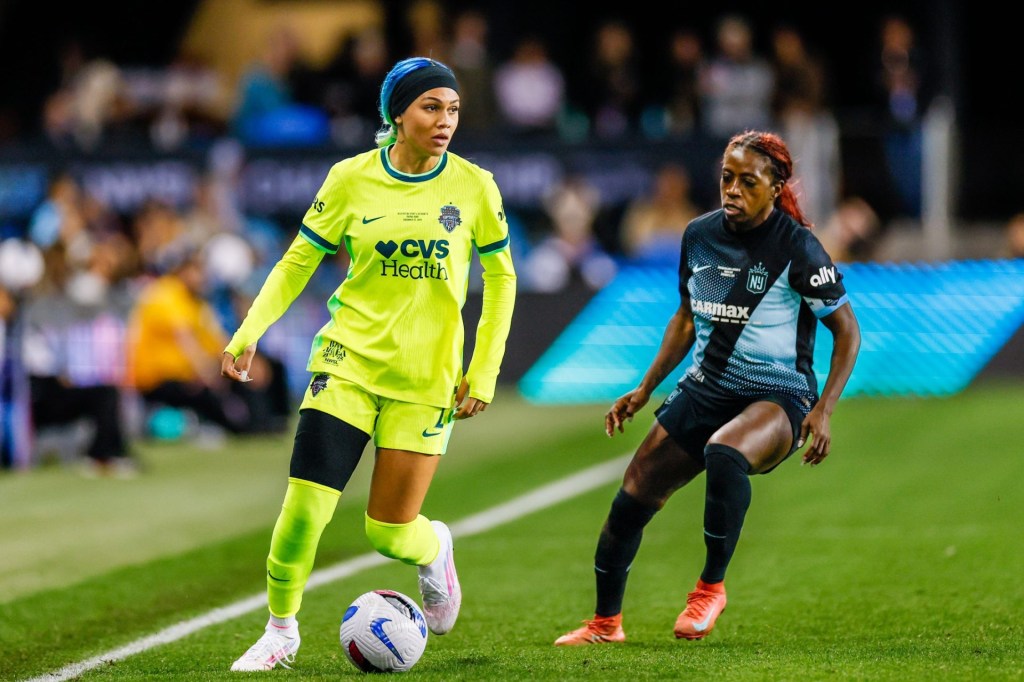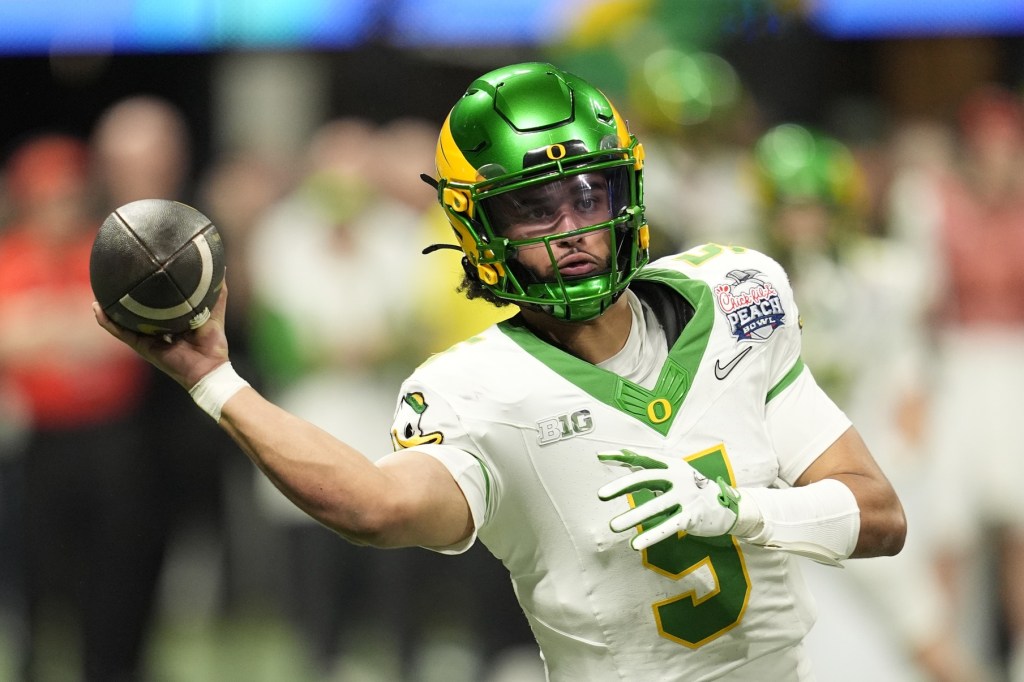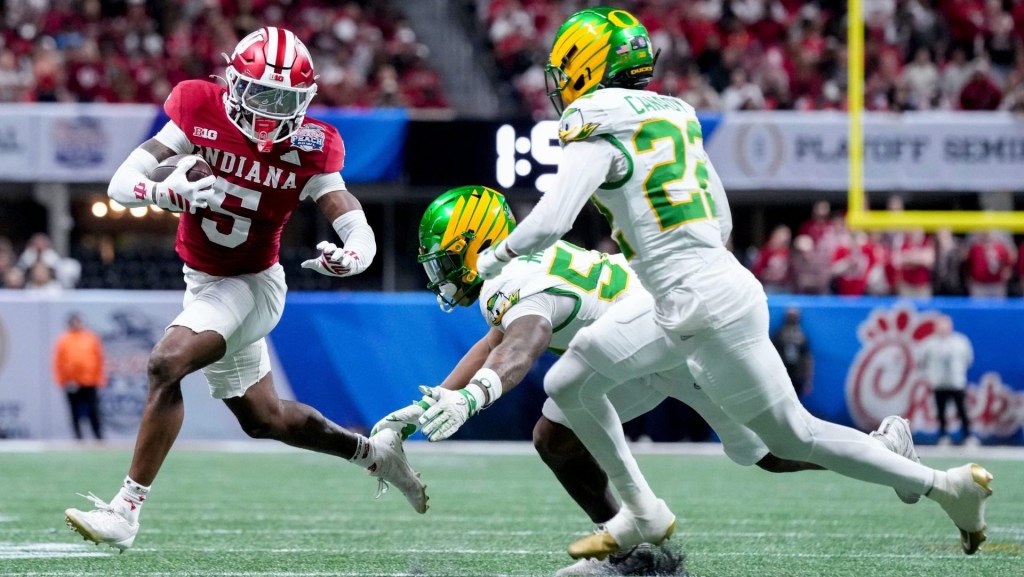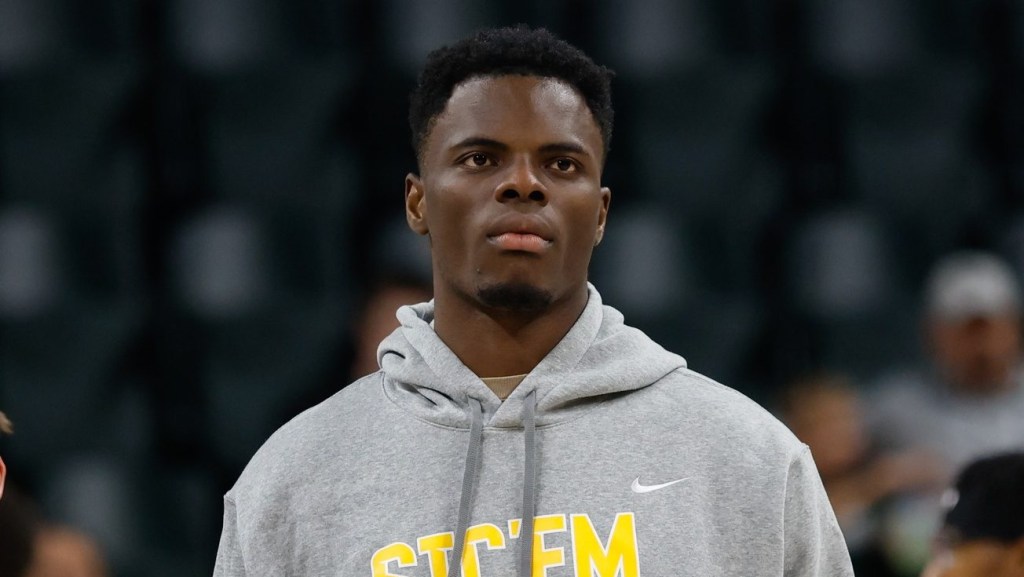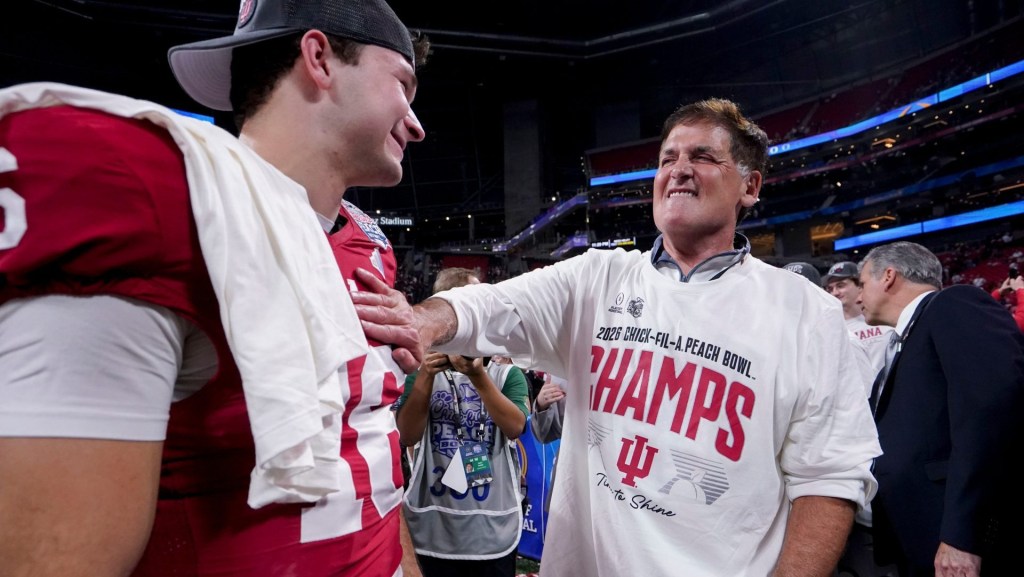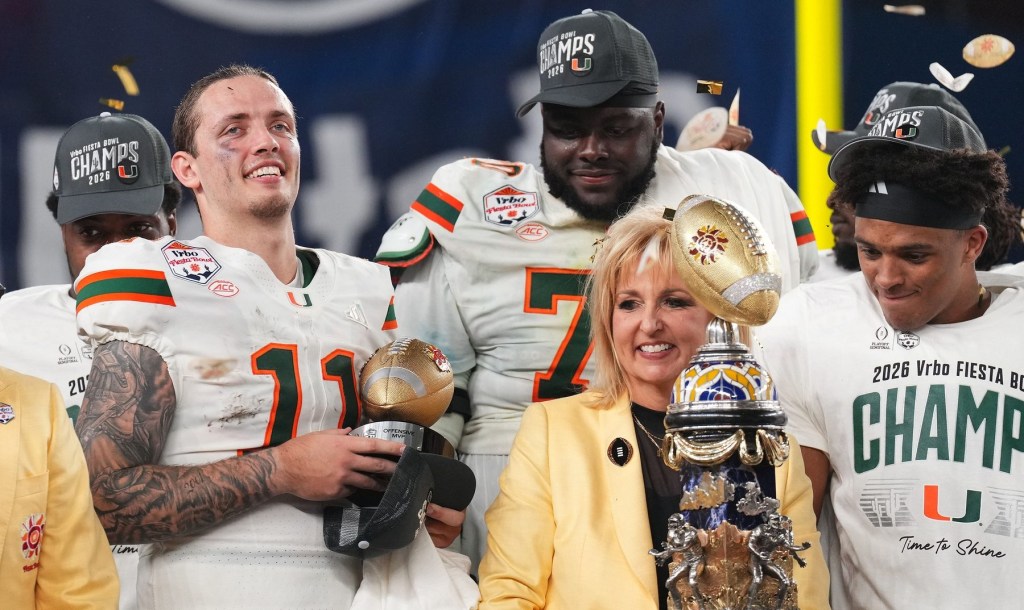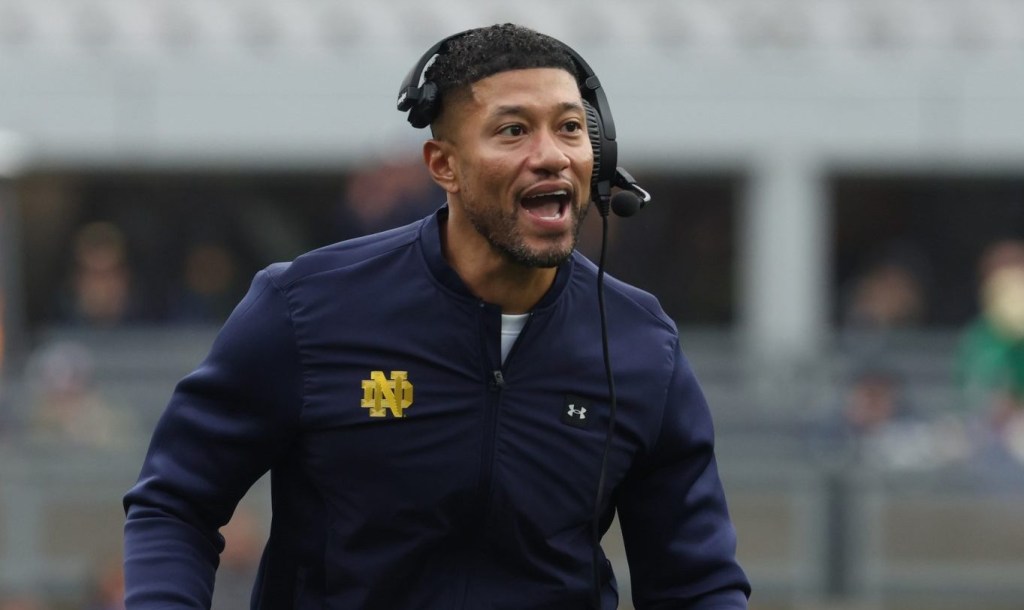All three objecting lawyers designated by the judge to review the proposed solution to roster limits in the House v. NCAA settlement have called it insufficient. If Northern District of California judge Claudia Wilken ultimately agrees with them, she could reject the settlement altogether and send the case to trial.
“Cold comfort indeed for thousands of members of the Injunctive Relief Class, who did not ask for and do not deserve this indifferent treatment, or inability to opt out,” lawyers for the firm Buchalter, who represent objectors (consisting of groups of athletes), wrote in their brief.
The roster limits portion of the settlement was by far the most controversial. As part of the proposal, the NCAA would agree to lift all scholarship limits—but impose new restrictions on rosters, causing thousands of current and prospective athletes across the country to have their spots rescinded. (The settlement would also offer $2.8 billion in damages to players who couldn’t profit off name, image, and likeness before 2021, and set up a system of revenue-sharing, put new restrictions on NIL collective deals, among other things.)
Two weeks ago, after hundreds of players filed objections to the roster limits portion of the settlement, Wilken issued an order saying lawyers had to find a way to ensure no player would lose a roster spot because of the settlement. She appeared to endorse the concept of “grandfathering” in athletes who had already received offers for roster spots before the settlement’s implementation. She also required the NCAA, conference, and class counsel lawyers to consult with three attorneys representing players on their proposed solution.
On May 7, lawyers submitted a solution. It allows all schools to grandfather in current athletes who had been offered roster spots for this upcoming year but had them rescinded, as well as all prospective athletes (not yet in college) who had been “assured” roster spots but lost them. Athletes who had entered the transfer portal as a result of losing their roster spots could go back to their original school. The NCAA would manage these moves by creating a new group, called “designated student-athletes,” who would be exempt from being counted by new roster limits for the duration of their college careers. The caveat: The settlement didn’t require schools to take players back, it would be optional.
Over the past few days, Wilken has invited the three objectors’ attorneys to respond to the proposed solution. For varying reasons, all three believed that the lawyers did not go far enough to fix the solution.
The main critique was that reinstating players who lost roster spots was not mandated. The concern is that the harm has already been done—players have already lost their roster spots in anticipation of the settlement, and now schools aren’t required to reinstate them. One objector’s attorney, Steve Molo, wrote that “numerous” objecting athletes have been told that “schools have no intention of relaxing roster limits at all.” The Buchalter lawyers noted that two of their clients had found out that the coach for their former teams had already begun recruiting players to fill the roster spot now available, rather than reinstating them.
The third objectors’ attorney, Laura Reathaford, called the new athlete designation “meaningless.” She wrote: “Unfortunately, given the harm the premature implementation of roster limits has already caused (and which this Court has already recognized), it appears mandatory grandfathering is now the only way to avoid and/or remedy harm caused by court-imposed roster limit.”
Reathaford’s proposed solutions, which the Buchalter lawyers endorsed, include mandatory grandfathering of all current and future athletes who had been offered roster spots for the upcoming year, and mandatory reinstatement of those spots if the athlete still wants them.
Now lawyers for class counsel, as well as those for the NCAA and conferences, will have until May 16 to file responses. Then Wilken will make a decision about whether to approve the settlement. Objecting lawyers suggested that the court mandate mediation to fix the roster limits issue if House lawyers refuse to amend the settlement further.
Molo, one of the objector’s lawyers said: “Defendants’ indifference, when simple fixes were offered to address a problem of their making, is stunning.”

